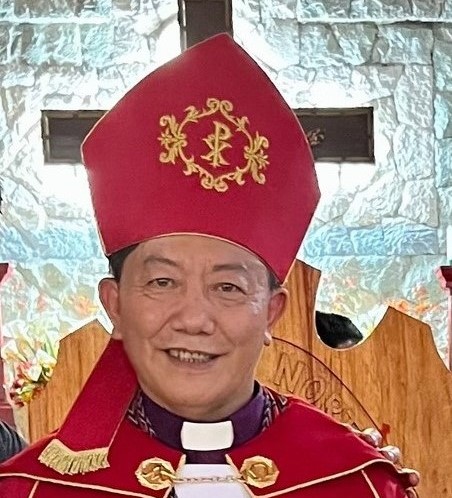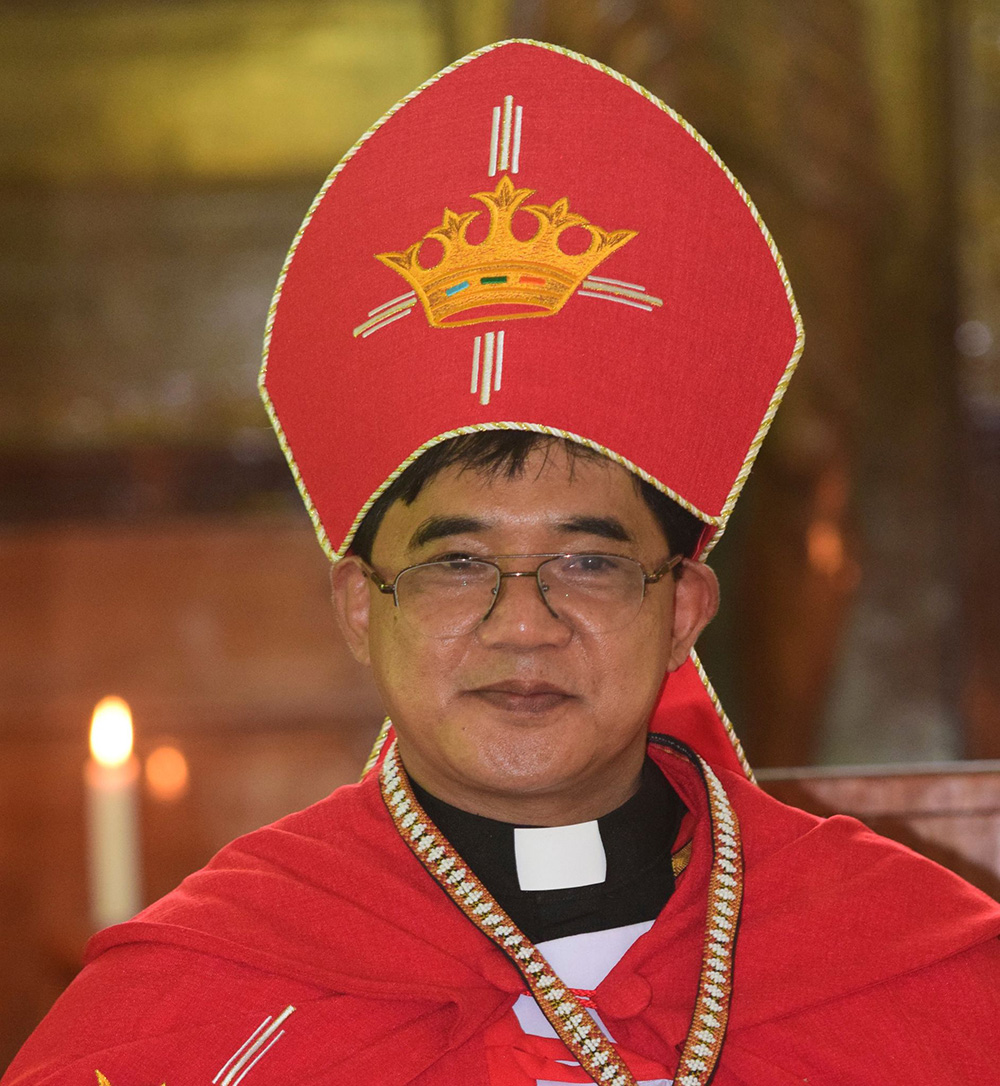Two Philippines bishops speak out about partnership with ABM and AID, and the challenges facing the church in the Philippines
During October, bishops from the Episcopal Church in the Philippines (ECP) visited ABM to sign a new Partnership Agreement, and to celebrate 30 years of partnership. AID’s Head of Programs, Ms Lina Magallanes, interviewed two of the bishops about the longstanding partnership and about the challenges the church currently faces in the Philippines.
The Rt Rev’d Frenzel Ray Piluden is Bishop of Santiago, on the eastern side of the Cordiliera, a mountain range running down most of the main island of Luzon. The Right Revd Benny Lang-akan, is Bishop of Northern Philippines, which lies to the west of Santiago Diocese, and is the oldest of the ECP’s seven dioceses.
Bishop Frenzel spoke of the beginnings of the ABM-ECP partnership all those years ago, and the work of St Mark’s School, a new project for ABM-AID:
“ABM and ECP have had a long relationship going back to the mid-1990s. I look at it as a blessing for the two partners. I hope it will continue to blossom into a wider scope of partnership. It began with a Sustainable Agriculture project we had started in the Mountain Province. Current Prime Bishop Brent was then working in the Diocesan Development Office. We intended the project to showcase to the local people how to sustain our land. This was at a time when farmers were using lots of expensive and damaging chemicals and were also prey to loan sharks.
“In 1995 we had started a co-operative with only three women who contributed 200 pesos each (about $6.00). This was to help us fund a model farm in Butigue to train farmers in Sustainable Agriculture. We began working with ABM at that time, who contributed a further 10,000 pesos (about $300) to help our start-up fund. Now this co-op, called St William’s (from the parish where it began) is one of the largest co-ops in the area. It grew from 3 members to 4,543 members with 370 million pesos in capital (over $10,000). The bulk of this is still used to lend to farmers to invest in their farms.
“One of our challenges is that the Episcopal Church is not well known in our diocese. So we need to work to make it better known. There is also great need for the Receivers to Givers Program here, so that we can counter the people’s use of loan sharks, since people here are clamouring for their basic human needs to be met. We also need to expand our schools. We are grateful that AID is supporting the expansion of St Mark’s School as we look to build an 8-room complex by the end of 2028. We are approaching an Alumni group for further fundraising and will also develop a Campus Endowment Fund to sustain the school for years to come.”
Bishop Benny spoke of the current work of ECP, and the challenges faced in his diocese:
“Both ABM and ECP (through AID and E-CARE) are implementing Jesus’ mandate to “Feed my flock (John 21:17).” We have developed the Receivers to Givers Program, where we provide funds to community groups with interest, then those communities provide the funds to another community, again, with interest. And so the people who received become givers. We also used to implement water systems in very remote areas where the government does not go. I took part in three of these. People could feel the presence of the church in those water systems when I was a deacon. Both AID and E-CARE meet the basic needs of the people.
“The main challenges for us in Northern Philippines are the tribal wars here. But we’ve had some successes. I have had talks with the leaders, and we also opened a church in one of the conflict areas. From that church we now have three seminarians training at St Andrew’s Theological College in Manila.
“Another challenge is that our young people seldom go to church. They have much to distract them. So, our approach is to strengthen the music ministry, moving from our more traditional to more evangelical music. We have been training lay people to play musical instruments and strengthening bible studies. These approaches have been paying off.”
The bishops requested our prayers for:
- young people training for the priesthood at St Andrew’s seminary in Manila
- church planting in the lowland areas of Santiago Diocese
- expanding the cooperatives model in Santiago Diocese as people move into new areas
- funds to build new classrooms at St Mark’s Learning Centre
- the church to expand and reach communities where there is no church
- protection of church staff and church members working in areas where there is conflict
- people to be trained as School Chaplains, and for suitable courses to send them to
- Anglican schools as they become mission focused, based on the 5 Marks of Mission

The Right Rev’d Benny Lang-akan, Bishop of Northern Philippines ©ECP. Used with permission
